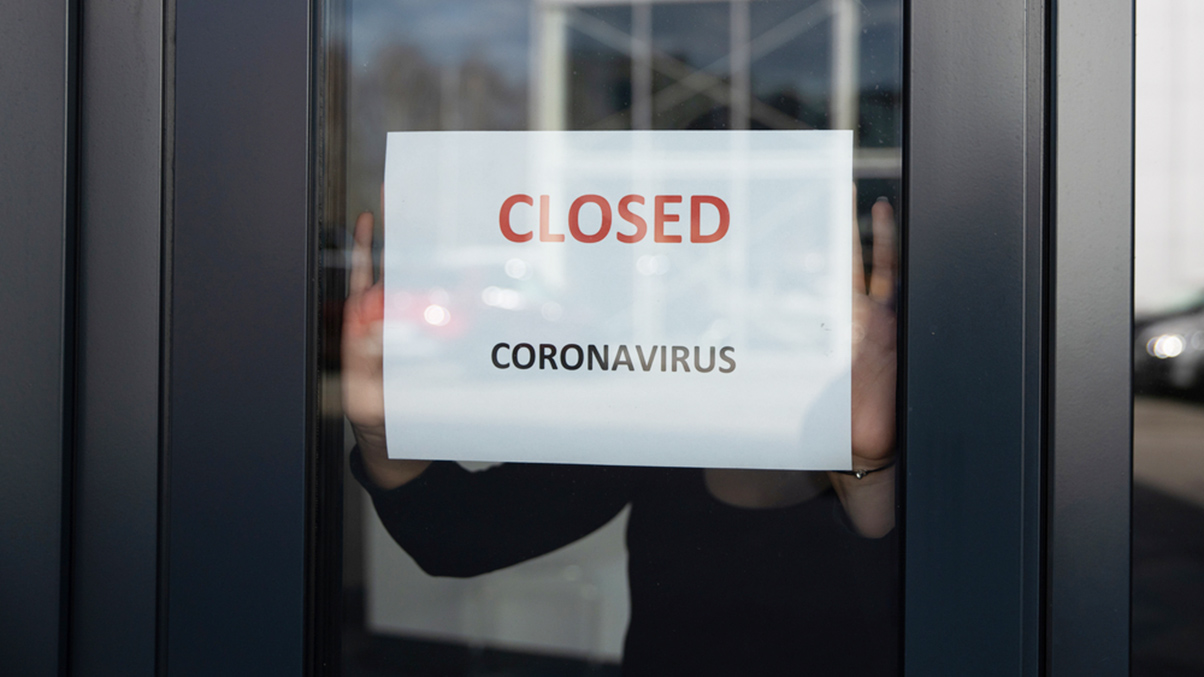The Court of Appeal judgment in Canada Goose v Persons Unknown 2020 EWCA Civ 303 handed down in March 2020 provides useful clarification of the law on preventative injunctions in relation to ‘persons unknown’. The principles established in Canada Goose were applied by Mr Justice Warby in Birmingham City Council v Afsar (No 4) [2020] EWHC 864 (QB) last month. Sophie Lalor-Harbord looks at both cases and summarises the key principles.
Canada Goose v Persons Unknown 2020 EWCA Civ 303
Canada Goose obtained an interim injunction against “persons unknown” in 2017, preventing animal rights protesters who had been conducting protests outside the company’s Regent Street store from certain activities (including entering the store, threatening staff and banging on the windows). On some occasions, hundreds of protesters had gathered, seriously impacting the operation of the store. In the claim, the “persons unknown” were defined as: “Persons unknown who are protesting against the manufacture and sale of clothing made of or containing animal products and against the sale of such clothing at Canada Goose, 244 Regent Street, London, W1B 3BR.”
In 2018, Canada Goose applied for the continuation of the interim injunction and summary judgment on certain aspects of the claim. When the application was refused and the injunction discharged, Canada Goose appealed to the Court of Appeal.
In dismissing the appeal, the Court of Appeal set out the following seven procedural guidelines applicable to interim injunctions brought against persons unknown:
- The persons unknown must be individuals who have not been identified at the time of the commencement of the proceedings but are capable of being identified and served with the proceedings.
- The persons unknown must be defined in the originating process by reference to their conduct which is alleged to be unlawful.
- Interim injunctive relief may only be granted if there is a sufficiently real and imminent risk of a tort being committed to justify quia timet (‘because he/she fears’) relief.
- The defendant subject to the interim injunction must be individually named if identified or, if persons unknown, must be capable of being identified and served with the order. The Court of Appeal was particularly critical of Canada Goose’s failure to serve the claim form on those protesters who could be identified.
- The prohibited acts must correspond to the threatened tort.
- The terms of the injunction must be sufficiently clear and precise and in a language which the defendant is capable of understanding.
- The interim injunction should have clear geographical and temporal limits. It must be time limited because it is an interim and not a final injunction.
In relation to final injunctions, the court held that a final injunction cannot be granted in a protester case against “persons unknown” who are not parties at the date of the final order. That is to say, newcomers who have not by that time committed the prohibited acts and so do not fall within the description of the “persons unknown”, and who have not been served with the claim form. The court noted that there are some very limited circumstances (such as in Venables v News Group Newspapers Ltd [2001] Fam 430) in which a final injunction may be granted against the whole world, but protester actions do not fall within that exceptional category.
The court noted though that this does not mean that there is no scope for making “persons unknown” subject to a final injunction. An injunction could be made, for example, against anonymous defendants who are identifiable (from CCTV or body cameras or otherwise) as having committed the relevant unlawful acts prior to the date of the final order and have been served (probably pursuant to an order for alternative service) prior to the date.
Birmingham City Council v Afsar (No 4) [2020] EWHC 864 (QB)
The case of Birmingham City Council v Afsar and others concerned protests outside a primary school in Birmingham aimed at teaching pupils about LGBT issues. On 31 May 2019, an interim injunction was granted against certain named defendants and “persons unknown”. In a judgment handed down in April 2020, Mr Justice Warby, noting that he was bound by the Canada Goose case, decided that he could not grant a final injunction against the person unknown, stating that the claimant had failed to designate the persons unknown and failed to join those defendants who could be identified.
In his judgment, he warned: “The facility to sue individuals anonymously as ‘persons unknown’ is a significant departure from one of the basic norms of civil litigation: that the defendant to the claim must be named. The use of this facility needs to be carefully supervised, to ensure that it is not abused.”
Summary
Both cases are a reminder that it is not open to claimants to use the ability to sue individuals anonymously as a means of permanently controlling ongoing public demonstrations by a fluctuating body of protesters. The courts expect claimants to be proactive in determining the identity, or proper definition and scope of the relevant protestors, by the time of the final injunction. The court also expects claimants to carry out full and effective service of the claim form on all possible defendants.
You can find further information regarding our expertise, experience and team on our Commercial Litigation pages.
If you require assistance from our team, please contact us or alternatively request a call back from one of our lawyers by submitting this form.
Subscribe – In order to receive our news straight to your inbox, subscribe here. Our newsletters are sent no more than once a month.





